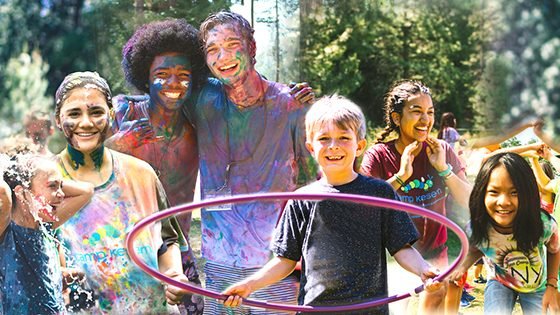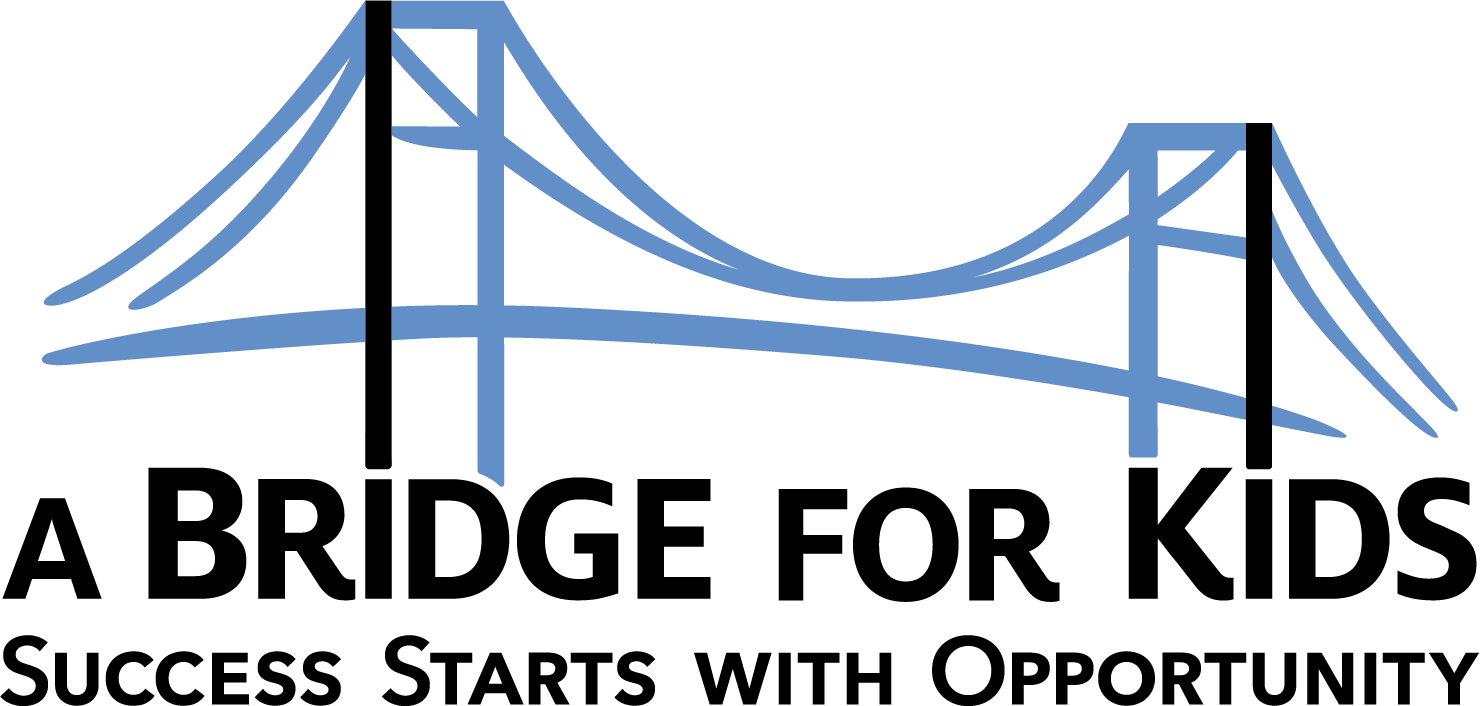Alumni Spotlight: Tyler Leptich SDSU

Q: Can you tell us a little about your background growing up?
A: I never had much of a conventional family life. My Mom and Dad were never married. After my sister was born two-and-a-half years after me, they split up. There was a custody battle when I was still really young, too young to understand what was going on. When I was 12, my Dad passed away from Lung Cancer. I had just finished elementary school and just started at The Preuss School. It was far away from where I had gone to school before and I didn't have any friends at first. I was surrounded by new people, and in that first year, losing my father didn't make things any easier. In a social situation that was already unfamiliar, there was very little that would get me to talk about myself, make friends, etc. It wasn't something I had an easy time doing, which is why it was very fortunate that I was able to go to Camp Kesem for the first time at UCSD's chapter.
Q: What was it like attending Camp Kesem for the first time?
A: The first time I went to camp, was the week after school ended. It was the first time since elementary school that I had gone out to do something really fun and made friends while doing it. After that, it was a complete transformation. Talking to teachers and administrators I had back then, they saw a huge difference between the person that I was the first couple years after having gone to camp and the person I became. Then going to a college that didn't have a chapter, I was fairly devastated at first but I found out that there was an opportunity to bring a chapter to my school. I just want to give any kid that deserves the opportunity to have the kind of turnaround that I had and anything that I can do to make that happen I'd do it.
Q: When did you start the first chapter of Camp Kesem at SDSU?
A: My Freshman year during the 2017-2018 school year. Camp Kesem is a national nonprofit organization with 117 chapters at schools around the country. For a long time, there wasn't a need for another chapter in San Diego because everybody that they thought would benefit from the program had applied and gotten into UCSD's camp. But as the years go on, more people have found out about it and now there is a growing waitlist at UCSD's camp. It was just lucky timing for me to have graduated high school right at the time that they needed to open another chapter.
Q: How do you choose the location where camp will be held?
A: Right now, we are doing campsite contract research. We have the ability to go back to the same campsite that we were at last summer in Julian and we also have the ability to share a camp with another program in Southern California.
Q: How do campers apply to participate in the program?
A: There is an application that usually comes out in January. It has a few simple demographic questions and then more background about who in the family has or had cancer, any dates the camp should know about, etc. We try to get as many kids as possible to come out to our Friends and Family Days, which we have every season. We have a bunch of food and all the families are invited. We run different activities for the kids, whether it's freeze tag, arts and crafts, etc. It's a great opportunity for the kids to get to know each other before camp starts. The parents ask us any questions they have about sending their kids away with college students for a week and any questions about the application.
Q: Can you tell us about your experience as a camper and now as a college student and organizer of a school-wide chapter?
A: I was never the kind of kid who would high five everyone and play messy games. I have always been more prone to hanging around with people older than me. Through this experience, I've had more of an understanding of what it takes to be a counselor. As a camper, I spoke a lot more to counselors than I did with other campers. The people that I looked up to were unlike any other people that I've met anywhere else. They are real-life superheroes, that's the best way to describe them. Once I got the confirmation that there would be a chapter at SDSU and that I would be the one running it, it changed my life. I thought I was going to study Mechanical Engineering because I like building things, but I've recently changed my major to Business Management Information Systems to hopefully one day start a nonprofit. After doing something like this, I can't see myself ever working a job where I'm not helping people. It's changed my whole outlook on life without a doubt.
Q: What challenges have you faced so far in starting a chapter of a national organization?
A: Last year we had a lot of luck. One hundred people showed up to our first meeting. We met our year-long fundraising goal by November. There were a lot of things that just fell into place, a lot of people in San Diego that were willing to help us out with whatever we needed and different companies that were willing to partner with us or donate. As far as struggles, there were a couple of stumbling blocks along the way. It's really hard to get things done during finals weeks and different times on campus when students are busy. But overall, we had a great first year and I'm hoping we can follow it up with an even better second year.
Q: Can you tell us a little bit about the camp itself and what it means to be part of the Camp Kesem experience?
A: The campsite had some really nice amenities like rock climbing, archery, a pool, a campfire, a zipline, and a big sports field. But we also had a lot of time set aside in the schedule for things like arts and crafts and acting/team building activities. I think the biggest takeaway that the counselors have going through camp is witnessing the development of the kids while they are at camp. Especially being a new chapter, none of the kids knew each other and none of them knew the counselors. It's amazing to see the difference between the first day when the parents drop them off and they are all nervous and quiet, to the last day getting off the bus at home and all the kids are crying because they want to go back to camp. It's not one thing in particular that makes the Camp Kesem experience magical, I think it's all the different moments. It's not what you're doing; it's the people you're with.
Q: What makes Camp Kesem different from other traditional summer camps?
A: In the middle of the week we have a program called Empowerment where the counselors ask the campers a series of questions along the lines of "What does Camp Kesem mean to you?" The question can be interpreted any way the camper wants and nobody is required to answer. It's a chance for everyone to share their stories. There's no filter so it can get pretty emotional, but it's a chance for everyone to be there and be heard, to say things that you may not feel like you can tell anyone else. I know in the seven years that I've gone now, I've shared things that I doubt anybody else in my life that hasn't been to camp has known or will know. The Empowerment program is very effective at what it does, but it's also the saddest moment of camp in a way. But it's also what makes the rest of camp so much more magical; it really helps to build that connection. Whether you're six years old or sixteen years old, you get to understand why you're all there and the special bond you all share whether or not you recognized it before that. You get to appreciate how much everyone else there means to you and how much you mean to them.
Q: If there is one piece of advice that you could share with a current high school student, what would it be?
A: I wish that I would've found out what really makes me happy earlier on. I did Robotics throughout middle school and I figured because that was what I'd always done and that I didn't dislike doing it, that it was what I wanted to do for the rest of my life until I got more involved with more community service organizations and realized I was passionate about that too. But it wasn't until I went to college and dedicated time and effort into making this happen that I realized that this is what I want to do, this is what makes me happy, and this is what I want to spend the rest of my life doing. So I wish that I had spent more time doing something that I was really passionate about rather than what was going to make me money in the future or what I thought was going to be the safe route. My advice is to follow your passion.
Q: Can you describe the relationship between yourself and your mentor or sponsor? How did they help you prepare for college or your career?
A: The family that sponsored me had two sons my age that were Boy Scouts like I was. The first year that I had the sponsorship from A Bridge for Kids was was when schools were starting to do more online, and I didn't have a computer at home. So the first year of my sponsorship, I got my laptop which I used to do school work and create my resume. Having a computer was a game-changer. Then the second year I had the opportunity to go on a backpacking trip in New Mexico with the Boy Scouts. It was a 65 mi, 10-day trip, which was more than I was able to afford at the time. My sponsors were able to offer me the money to make that happen. It was an amazing experience. I don't do much hiking anymore, but it's awesome to look back at the picture and the memories that I made there. It was life-changing.
Q: How did ABFK help you achieve a dream or a goal?
A: ABFK was the first scholarship that I applied for that I got, so it really motivated me from then on to apply to more scholarships to the point that I'm basically getting paid to go to school. I also went on the ABFK East Coast College Tour. We got to see schools like Harvard, Yale, MIT, Johns Hopkins, etc. It was something that I wouldn't have had the opportunity to do myself, but I think it also built a passion to travel because I'd never left San Diego before that.
Q: Where do you see yourself in 5-10 years?
A: Working for Camp Kesem would be amazing but if I'm not able to do that, working for a similar nonprofit or something that helps people. Whatever I can do to help make that happen, that's what I want to do.
